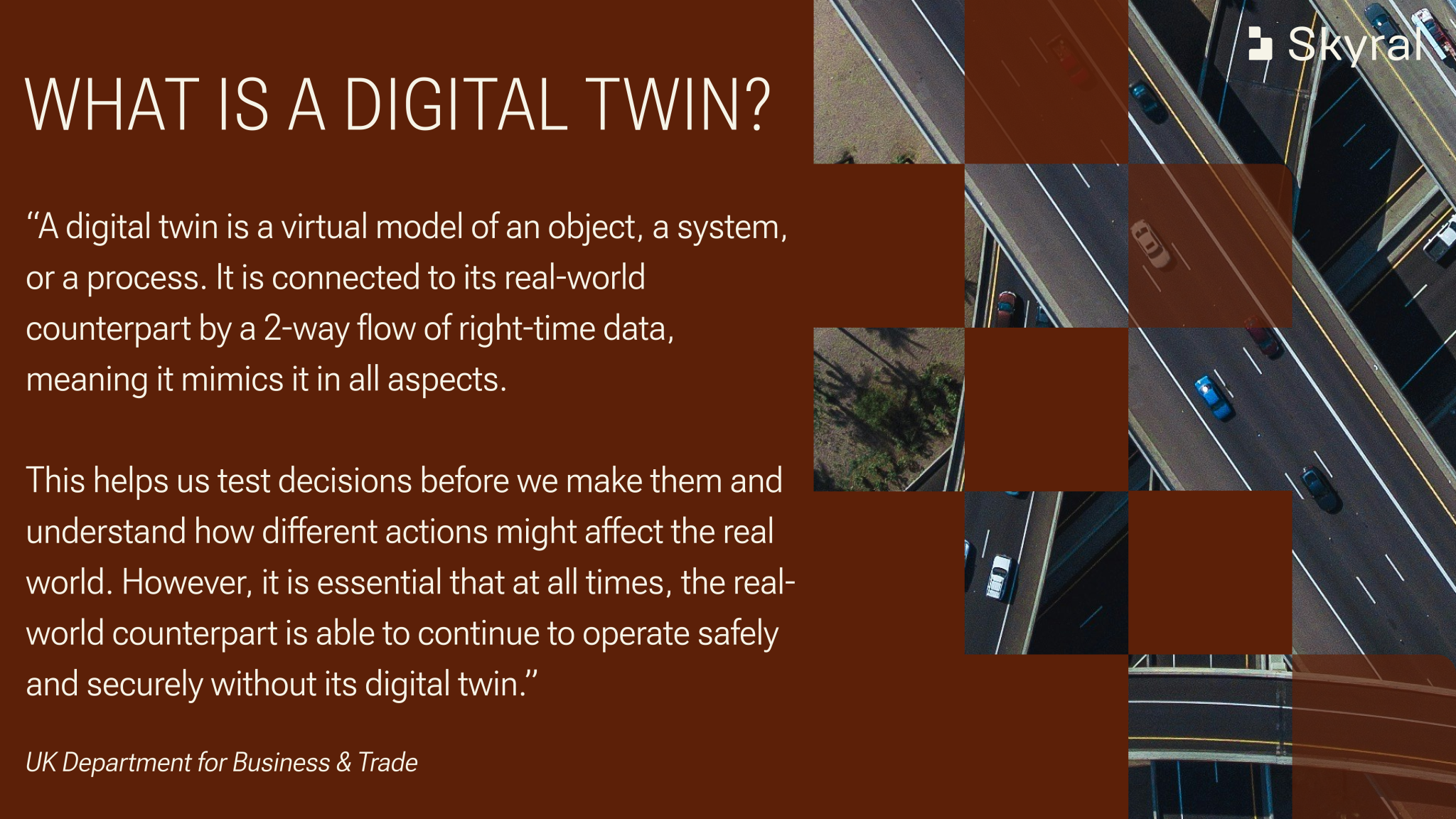
Naomi Hulme
Dr. Craig Rafter
Dr. Craig Rafter, PhD is a Senior Applied Scientist at Skyral and an expert in advanced traffic modelling.
On December 29th, 2023, Bali International Airport witnessed an unprecedented crisis. As 73,000 vehicles converged on the airport toll road—a 46% increase from the previous year—the island’s transportation system ground to a halt (Bali Discovery, 2023). Four-kilometer long traffic jams forced passengers to abandon their taxis, creating dangerous scenes as travellers dragged luggage along motorways in a race to catch their flights. While this chaos stemmed from predictable factors—rapidly increasing tourism and New Year celebrations—traditional reactive traffic management proved inadequate.
Such localised crises are just the visible tip of a much larger problem that affects cities globally through both economic and environmental impacts. While traffic congestion drains billions from global economies annually (Inrix, 2025), its environmental impact is equally severe. Studies show that congested conditions increase fuel consumption by up to 50% (Sánchez-Balseca, et al., 2023), while exposing populations to concentrated levels of harmful emissions and their associated health impacts (Wang P, et al., 2023). In the UK, where transport (26%), energy (20%), and business (18%) account for 64% of CO2 emissions (DfT, 2023), the need for strategic intervention has never been more urgent.
In Bali, just as governments use advanced modelling to prepare for natural disasters, a strategic digital twin combining traffic and tourism data could have helped authorities anticipate and prevent this crisis through pre-emptive interventions. This solution lies in moving beyond siloed city management to a comprehensive urban modelling approach. By creating strategic digital twins underpinned by advanced modelling and simulation that simulate the complex interplay between transport, energy, business, policy, and population dynamics, cities can test and validate solutions across multiple dimensions before implementation. A strategic approach transforms urban mobility from reactive management to proactive planning.
At Skyral we’ve been developing our Smart Cities platform to help decision-makers move beyond local interventions for urban mobility planning, and consider a more holistic approach. We’re doing this by leveraging our experience building strategic digital twins in critical decision-making contexts at city-wide and national scales.
The fact of the matter is that Bali clearly isn’t alone: large infrastructure projects are running into large problems. 91% run over time, over budget, or both (PWC, 2023). At the same time, In congested UK cities the average driver loses 62 hours annually to traffic – contributing to a staggering £7.8 billion burden on the national economy (Inrix, 2025).
No doubt, this is bad news. But the flip side is slowly starting to gain attention.
Breakthroughs in advanced modelling and simulation technology are enabling digital-twins at an unparalleled level of detail and scale, reflecting the ways people move around town with accuracy, while attending to all the various changes and possibilities that the future might bring. This offers city planners and transport officials something they’ve never had before: the power to see the future impact of their transportation decisions across multiple aspects of urban life.

At Skyral we believe that there is a need for continuous innovation around the tools, technology, and data we leverage in order to keep ahead of the ever-growing challenge of building resilient & sustainable cities through modelling & simulation.
Current urban mobility planning approaches aim to reduce traffic delay and optimise capacity in the face of constrained infrastructure resources and increasing demand. Increasingly, modern AI and algorithmically driven solutions exploit growing data estates from roadside sensors, cameras, and mobile applications.
So, what’s the issue? The problem we see with a ‘traffic-only’ approach is that it considers traffic as an isolated problem, considering only the steady state ‘What is’ of a situation and acting only reactively to growing congestion in urban areas. By reacting only to traffic, and not the factors driving it (those that are often unique to a city), we miss the opportunity to imagine alternative solutions that consider the multitude of societal drivers that influence a city—solutions, that, in a perfect world we’d be able to implement proactively, and therefore prevent transport woes from happening in the first place.
Stay tuned for 2 of Craig’s ‘Transport Revealed’ series, where he’ll dig into how cities can go beyond local interventions and deliver truly transformative solutions to transport woes.

Naomi Hulme

Lee Doherty

Naomi Hulme